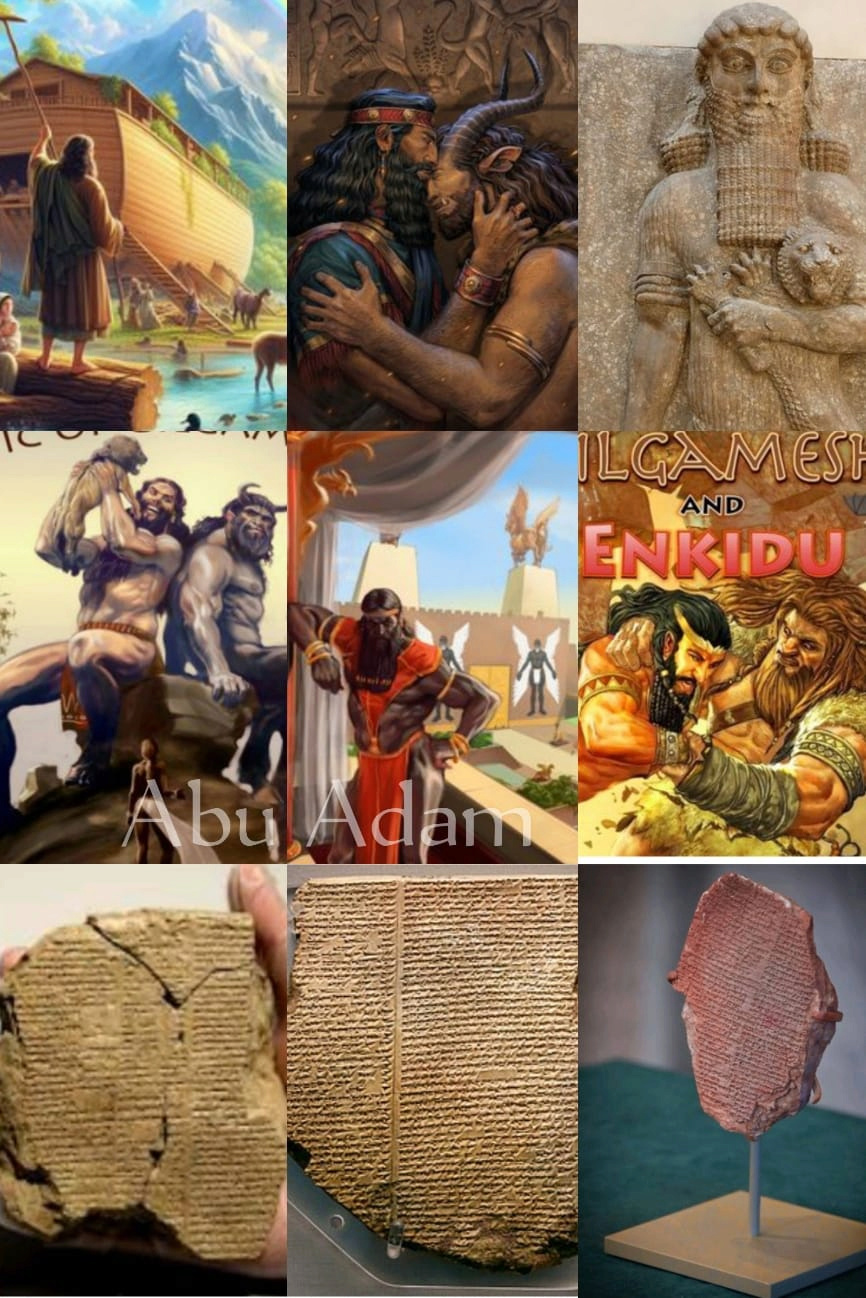The Sumerian epic and the journey to search for the secret of immortality

One of the good things in the history of Mesopotamia is that it was ruled at one time by an educated Assyrian king, Ashurbanipal (669 - 627 BC). He left in Nineveh for subsequent generations and lovers of thought and knowledge a huge library that was discovered in 1853, containing thousands of written tablets that chronicle his time and previous eras. Among them are 11 clay tablets on which the Epic of Gilgamesh was written in cuneiform script in the Akkadian language.
On the journey of searching for the secret of immortality, the Sumerian epic, which is considered the oldest novel or lengthy poem written, reveals man’s advanced thinking and his overwhelming desire to cling to life after Gilgamesh, king of Uruk, who represents evil, defeated Enkidu, who represents good. The writer refused to broadcast a message saying that good Stronger than the evil within man, so he made Gilgamesh befriend his defeated opponent, and they turned into a powerful force, with which the writer defeated the will of the artificial gods by killing the genie of the cedar forest and the winged bull.
And because every human being is mortal... the writer broadcast another message after Gilgamesh’s cries and grief over Enkidu’s death, which is how to gain immortality. That obsession that took control of his mind after he realized that he would die like his friend, and there was no escape except through immortality.
According to legend, he had no choice but to reach Utunpishtim, the only person who achieved immortality with his wife after they survived the famous flood. Although the innkeeper advises Gilgamesh to enjoy what remains of his life instead of seeking immortality, he continues and crosses the waters of death to reach (Utunpishtim) with the help of the navigator (Urshanabi). In the face of Gilgamesh's insistence on knowing the secret of immortality, Utunpishtim gives him the opportunity if he manages not to sleep for six days and seven nights, that is, not to enter the state of lesser death, and he fails. But his insistence and the compassion of Utunpishtim's wife make the latter tell him about a plant found in the depths of the waters that renews youth. Whoever eats from it.. Gilgamesh reached it after suffering and struggle, but he decided to take it to where his people were waiting for him in Uruk, to plant it there and feed the old people with it, so they would return as youth.. . He eats it when he grows old.
The return journey began with the navigator Urshanabi. During a break and while Gilgamesh was unaware, the snake ate the plant of life, renewing its skin. To this day we call it a snake.
Then the writer presents his idea that was ahead of its time... which is Gilgamesh's realization that death is inevitable for man, and that immortality comes by doing good deeds, so he returned to Uruk and built its great wall and continued to do good deeds until he died.
Despite this advanced awareness, the Mesopotamian civilization did not achieve its right of fame like others.
Source: websites

